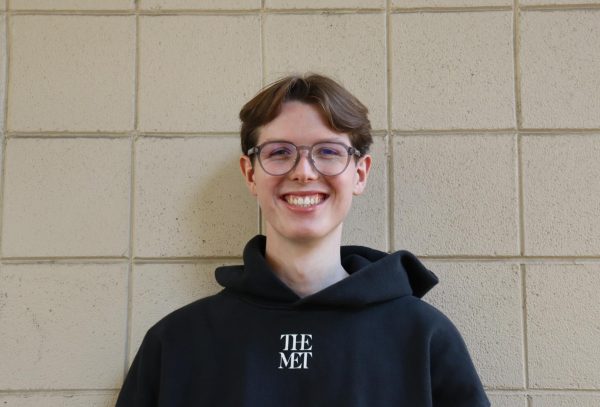Over the past few months, student protests on college campuses have pushed for colleges to divest their investments in Israeli companies and for change to U.S. policies regarding its closest traditional ally. However, the protests have received a strong backlash from multiple different groups, particularly older generations and conservative politicians, leading to overreactions and unnecessary responses.
Although student protests take place on university campuses, their ability to protest is protected as one of the fundamentals of students and Americans, supported by historical precedent.
Universities have historically been important to the protesting that has impacted the American political space. At campuses across the U.S., encampments have been created out of a demand for colleges to be held accountable for their support of the Israeli government. In many top universities such as Columbia University, protests have been centered around stopping the federal government’s support for the Israeli government.
The reactions of most universities to the protests have often been a direct violation of the protesters’ First Amendment rights. The president of Columbia University, Minouche Shafik, even called in the police to campus, resulting in extreme backlash from the media and particularly the youth.
Even the Faculty of Arts and Sciences made a vote of “no confidence” in Shafik, passing with a 65% majority, saying she has engaged in an “unprecedented assault on students’ rights.”
Police have gone into crowds through often violent means and arrested and broken down encampments. Law enforcement actions at the University of Texas were particularly harsh with the “police [using]pepper spray and flash bangs to break up an encampment on campus ground, arresting 79 people,” according to the Texas Tribune.
Following the occupation of the historic Hamilton Hall at Columbia — which was occupied during the anti-Vietnam War protests — according to NPR, police used massive armored vehicles to push a bridge into a window.
The actions of the police against these students is quite frankly disgusting. Students who are exercising their fundamental rights should be protected by the university and not be held to the whim of the action of the police. Police action against protests should rarely ever occur, but for a university to call upon police to attack its own students is even more appalling.
America was built on the foundation that people were able to express any opinion that they wanted. Even hate speech was deemed to be constitutional through Supreme Court cases such as Snyder v. Phelps in 2011. The decision ruled that words said in public on the basis of a public matter can not be found liable for emotional distress.
Because these college protests have been largely non-violent, protesters’ right to protest should be protected. This has been supported through the country’s history, and universities have been a place reflecting the political atmosphere.
On-campus major protests have been sparked from the Civil Rights Movement, Anti-Vietnam War, South African apartheid protests, and more recently the Black Lives Matter Movement. The movements are reflections of major political shifts in the world and have been fundamental to holding governments and universities accountable.
Many universities have done little to protect the protesters, with their actions directly hurting their own students. Schools must protect their students, and allow for them to have the voice needed to spark change in the American political system.


























